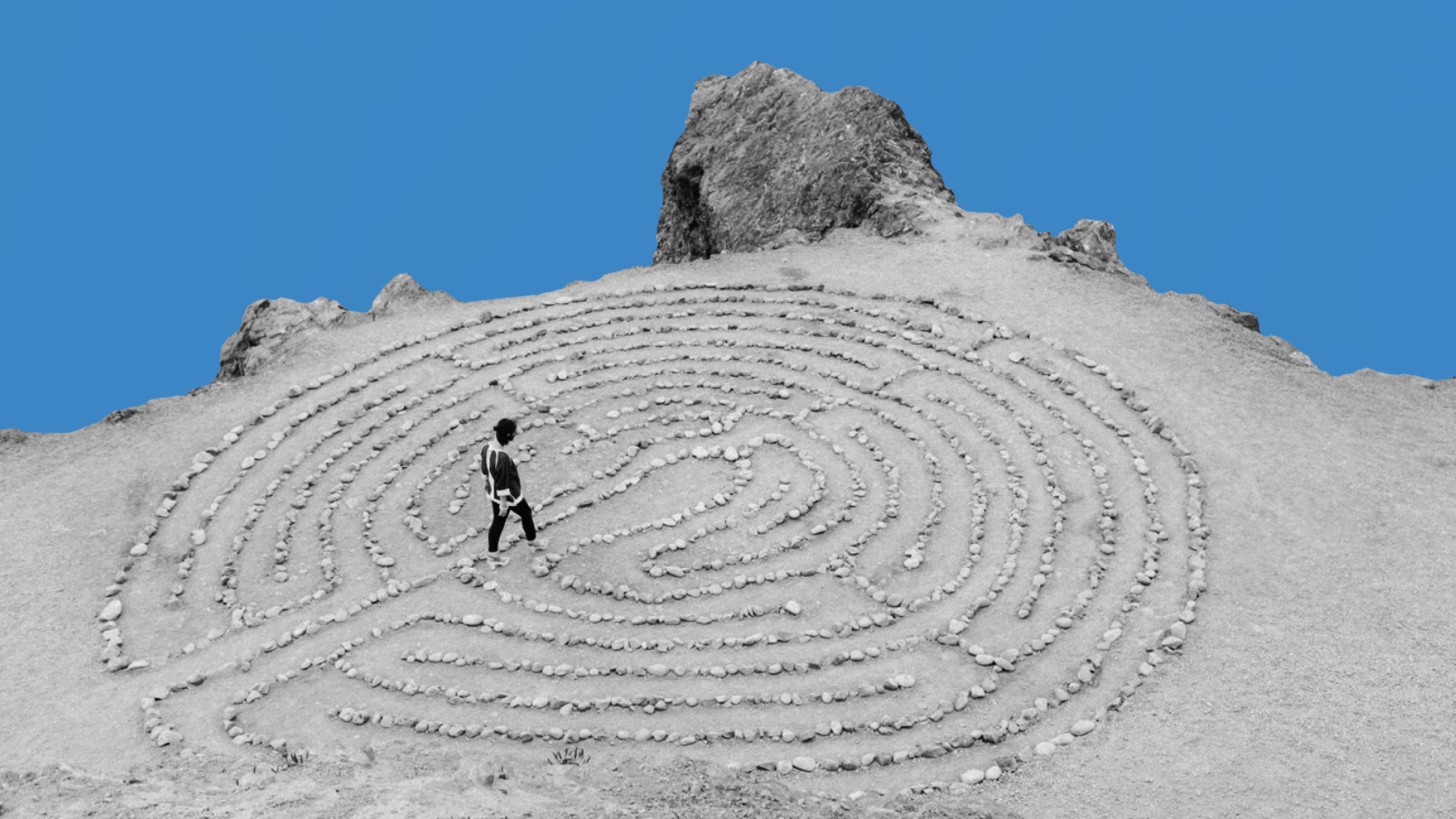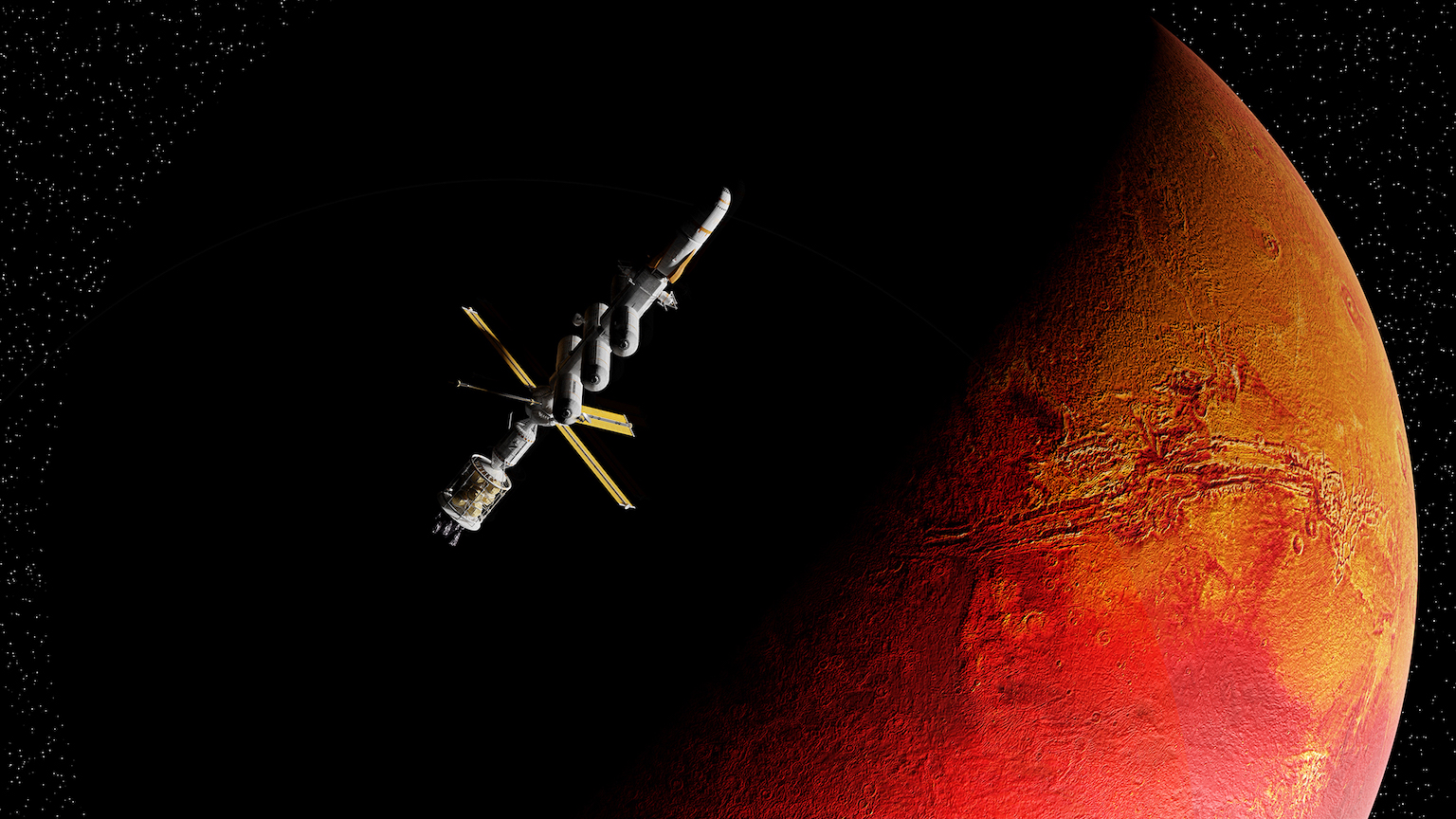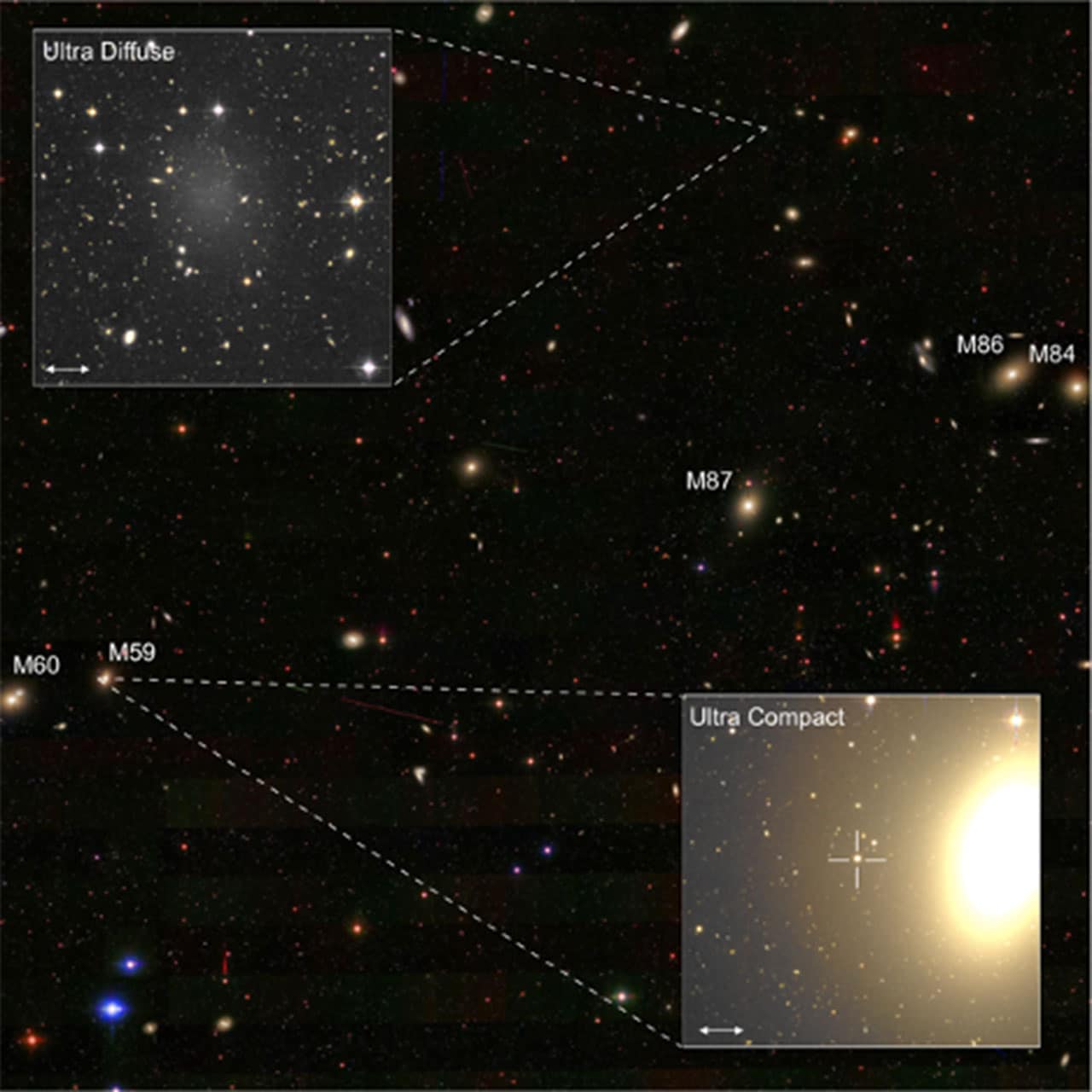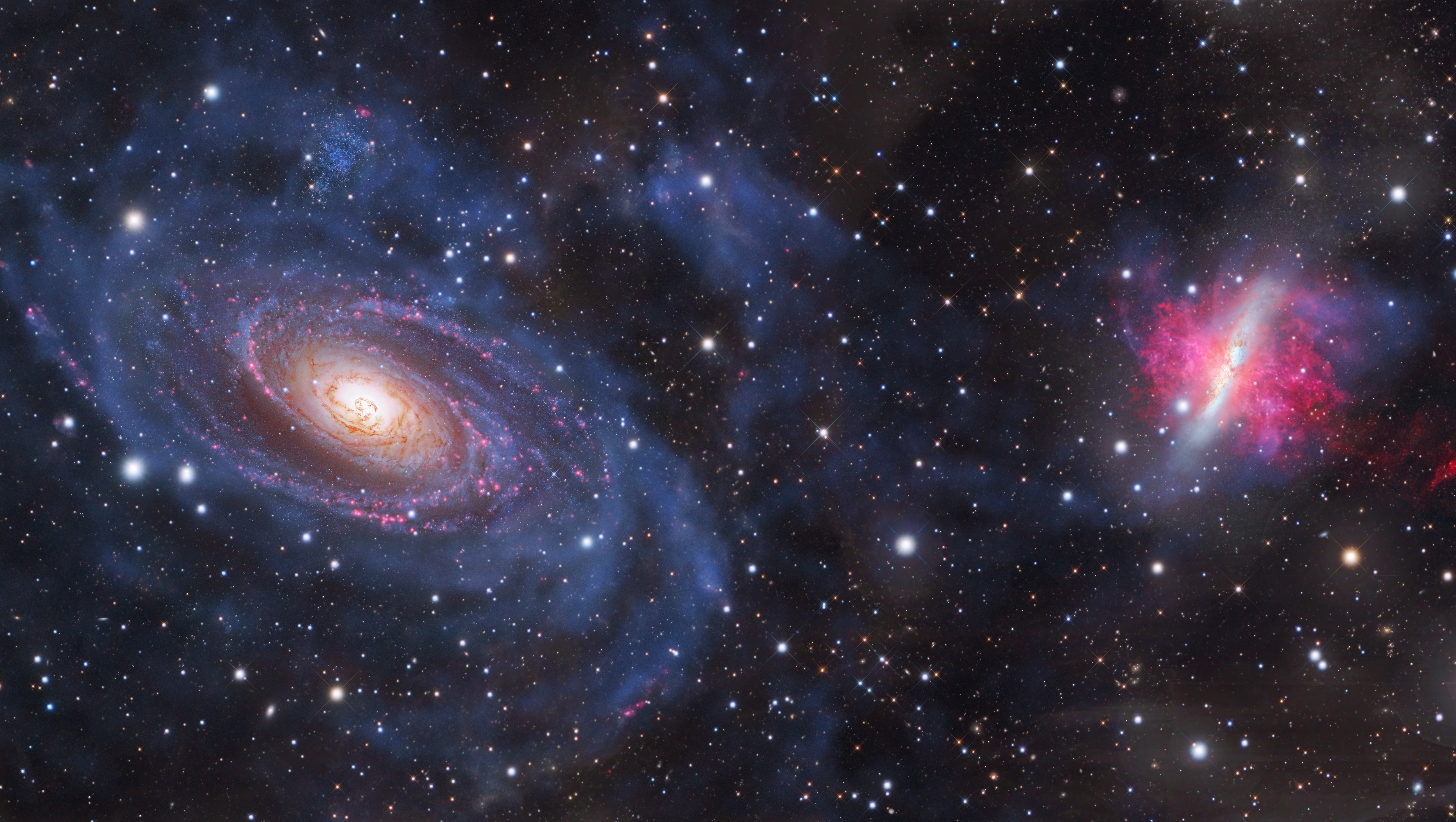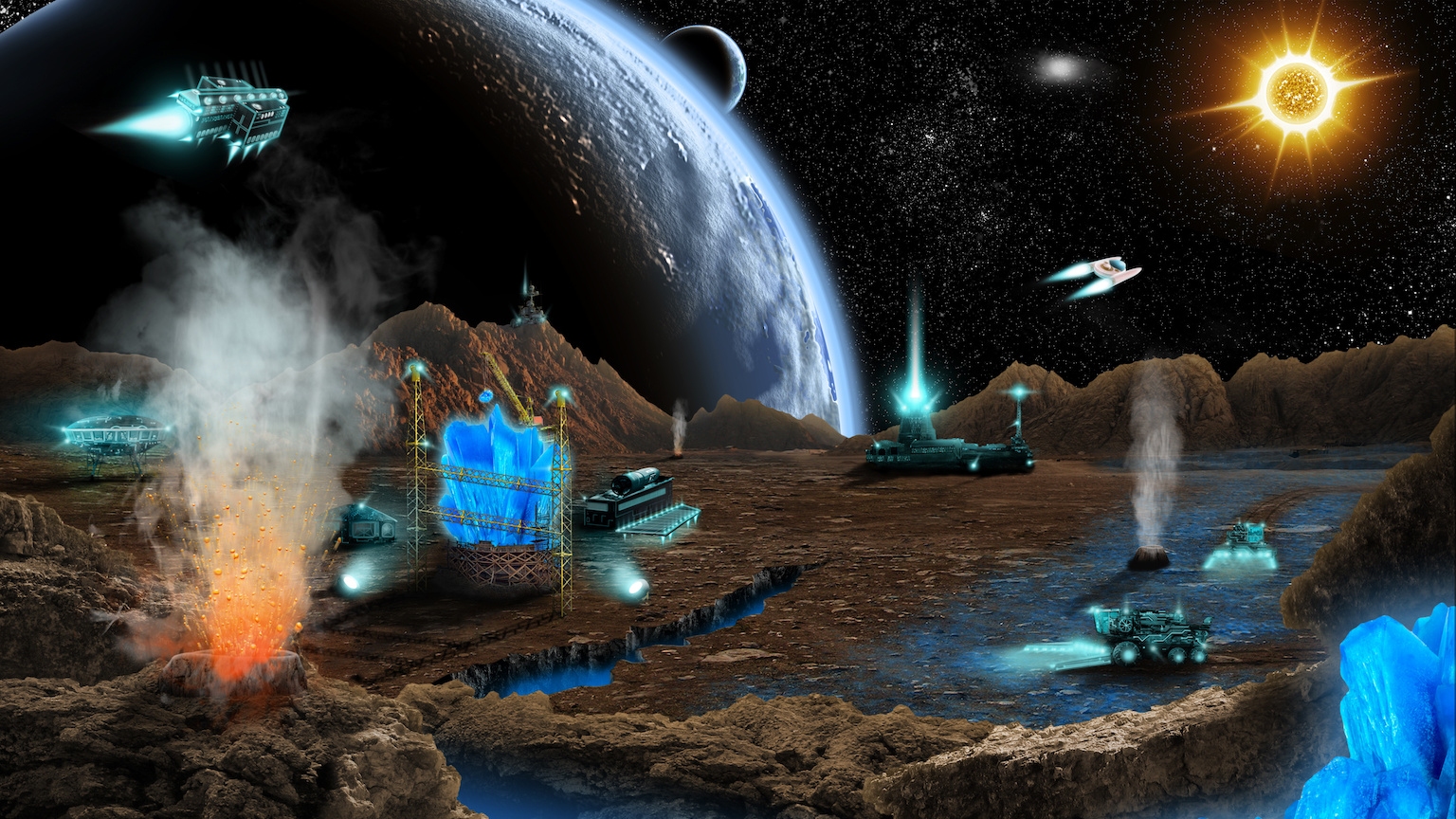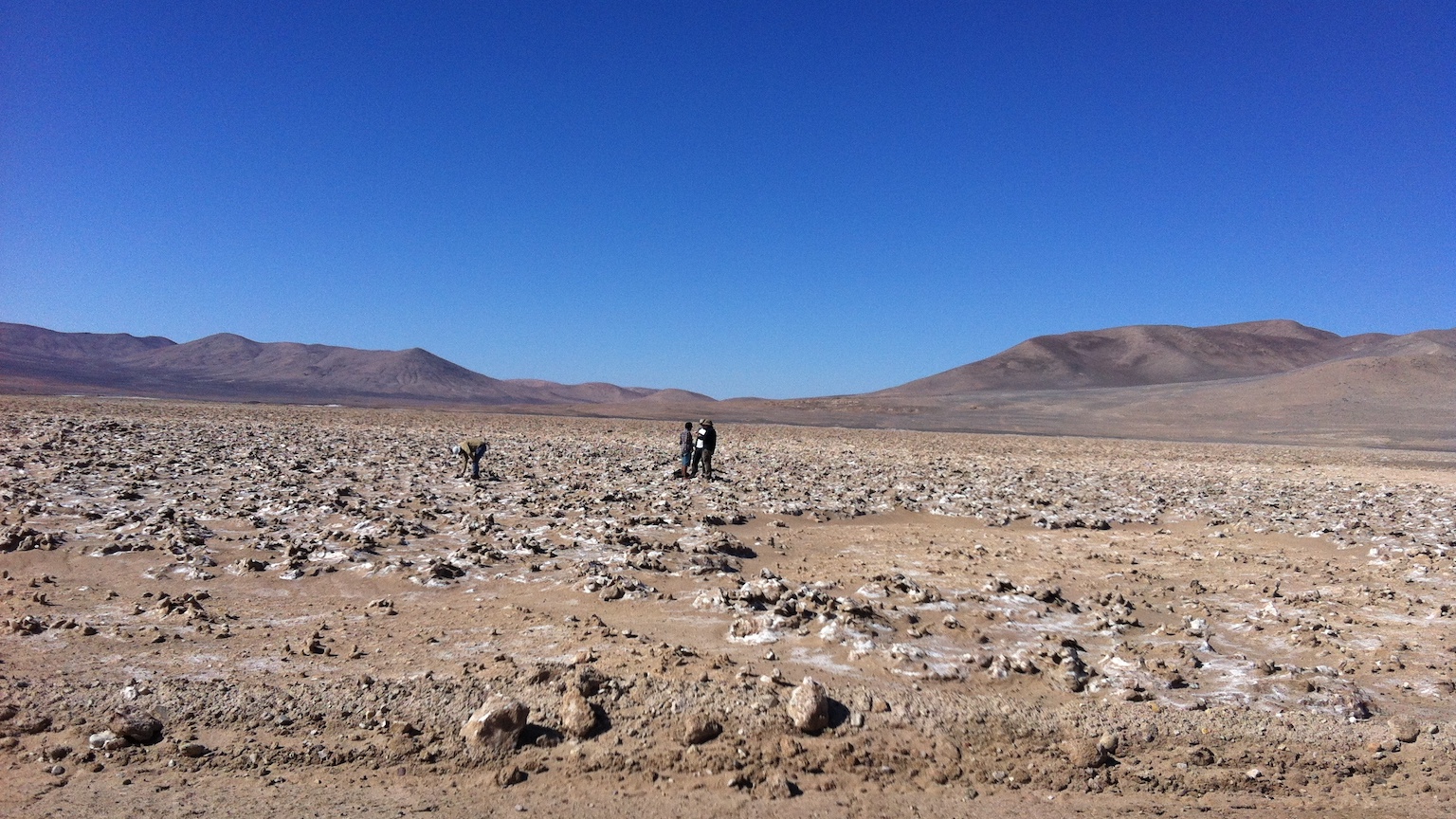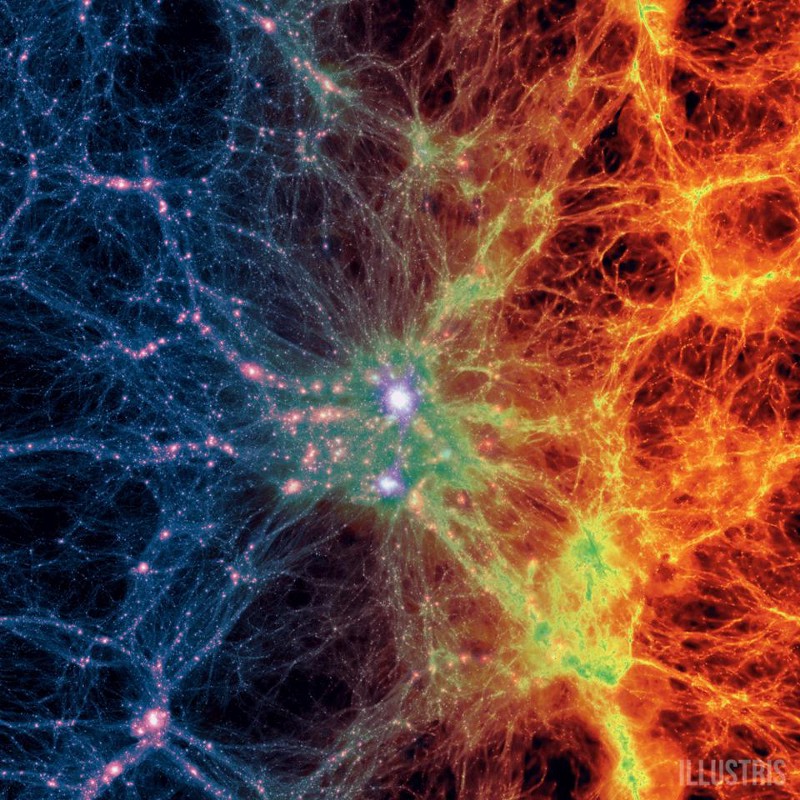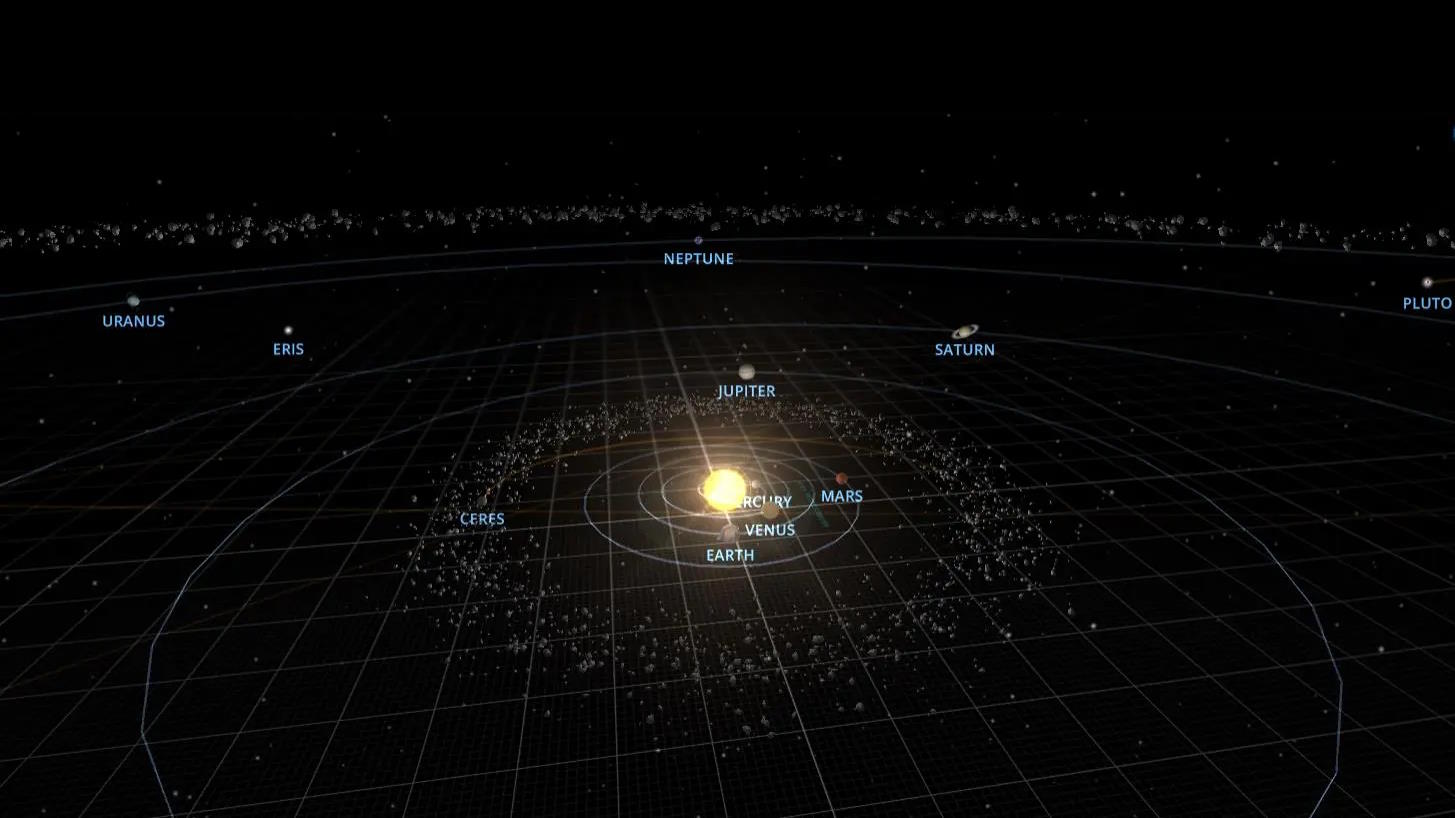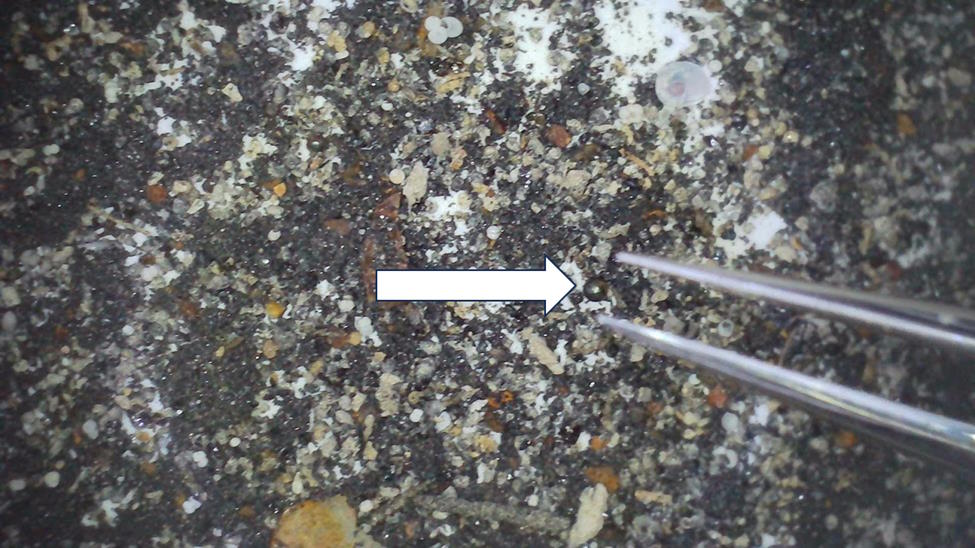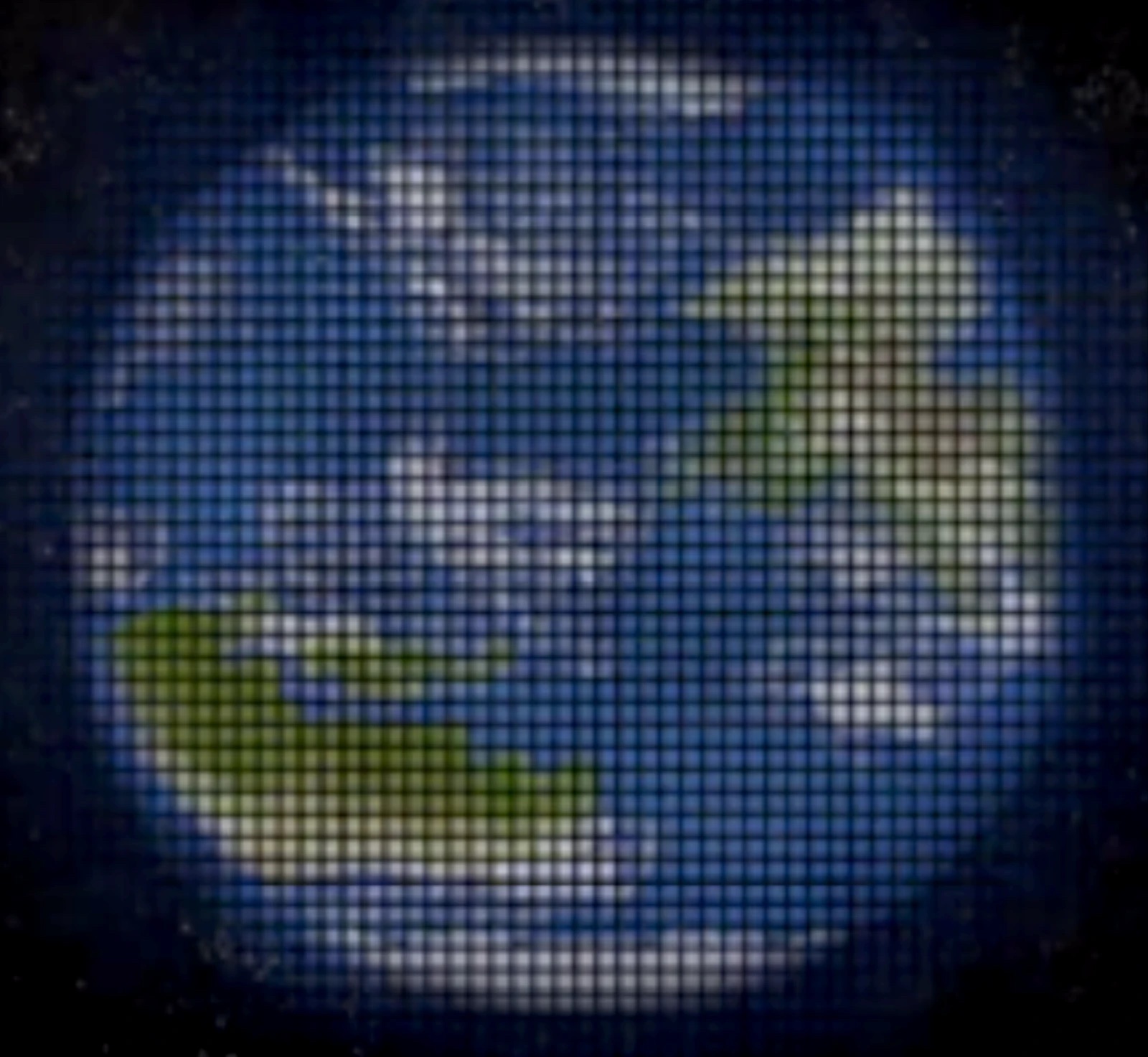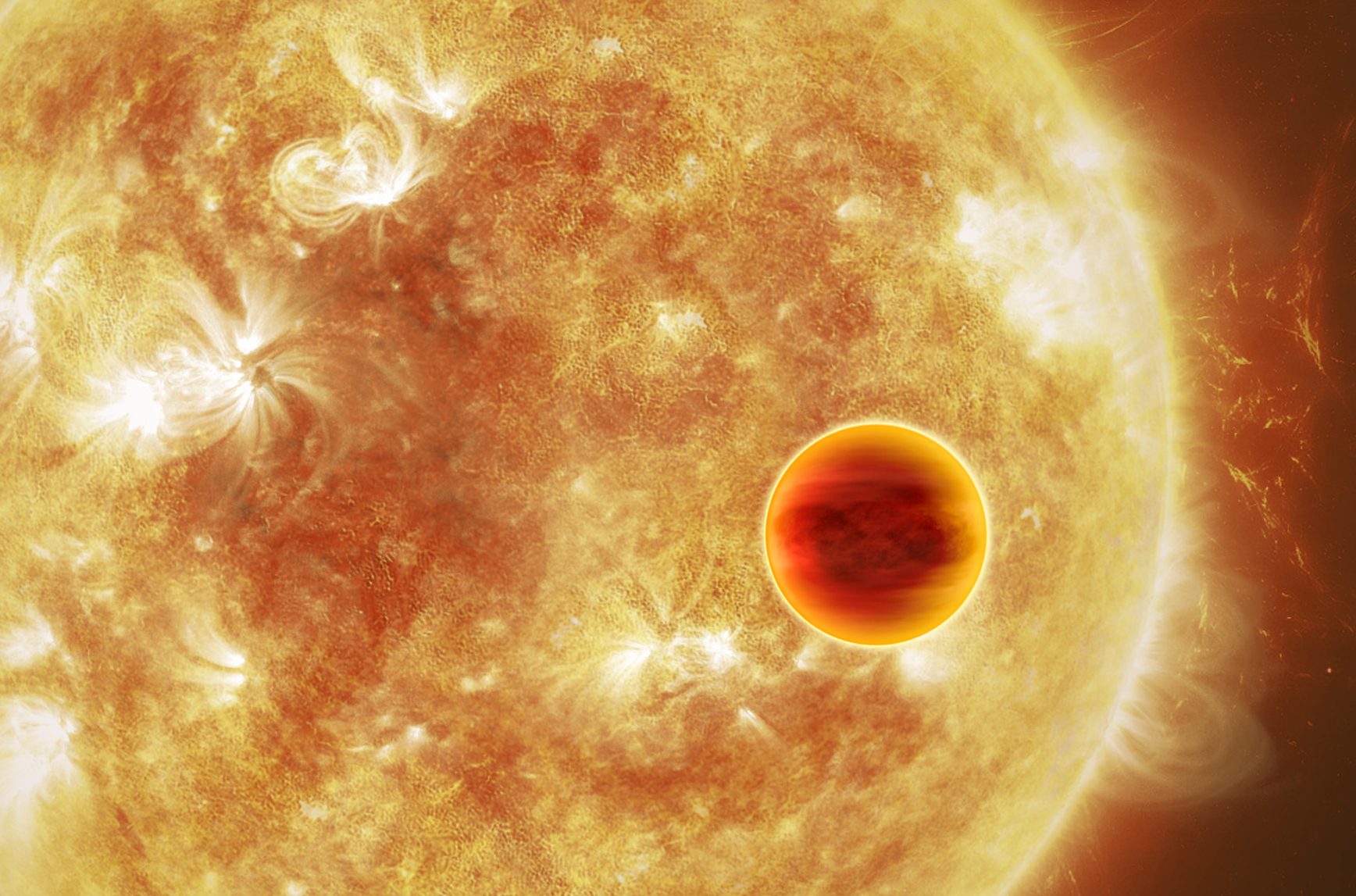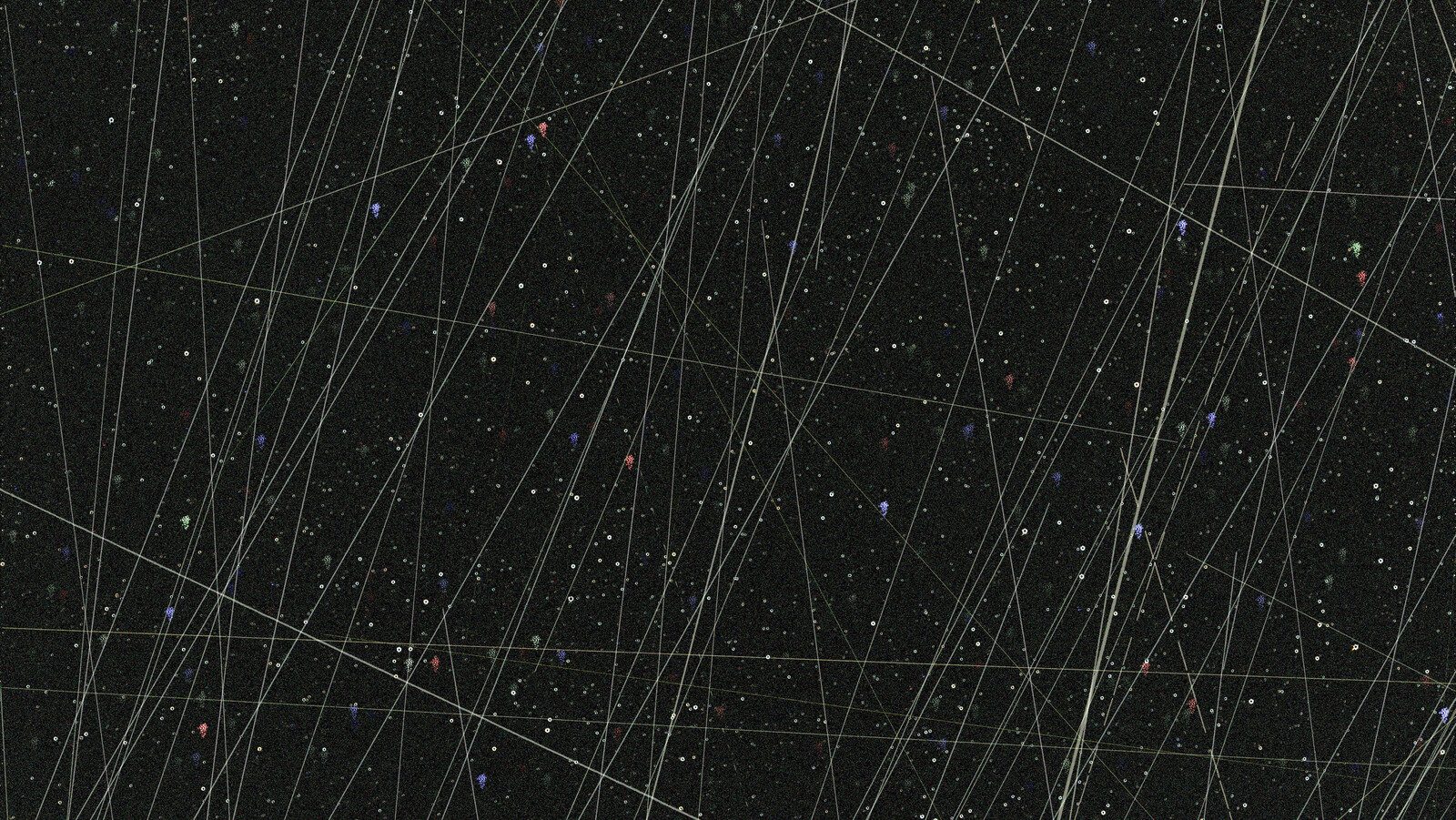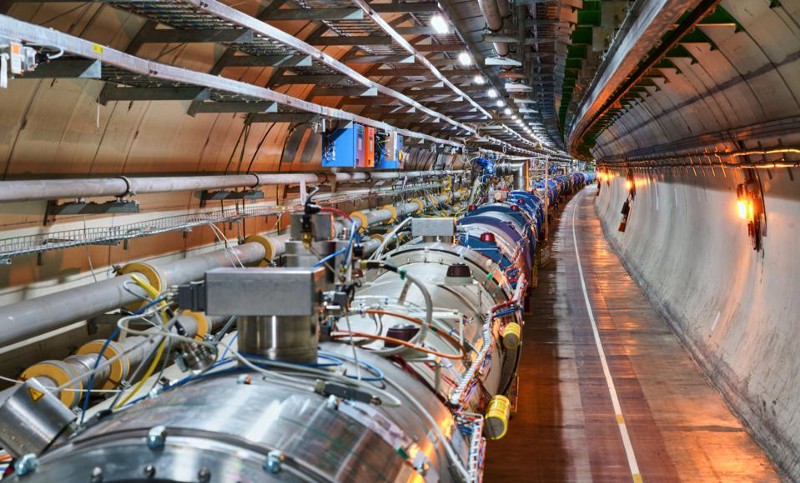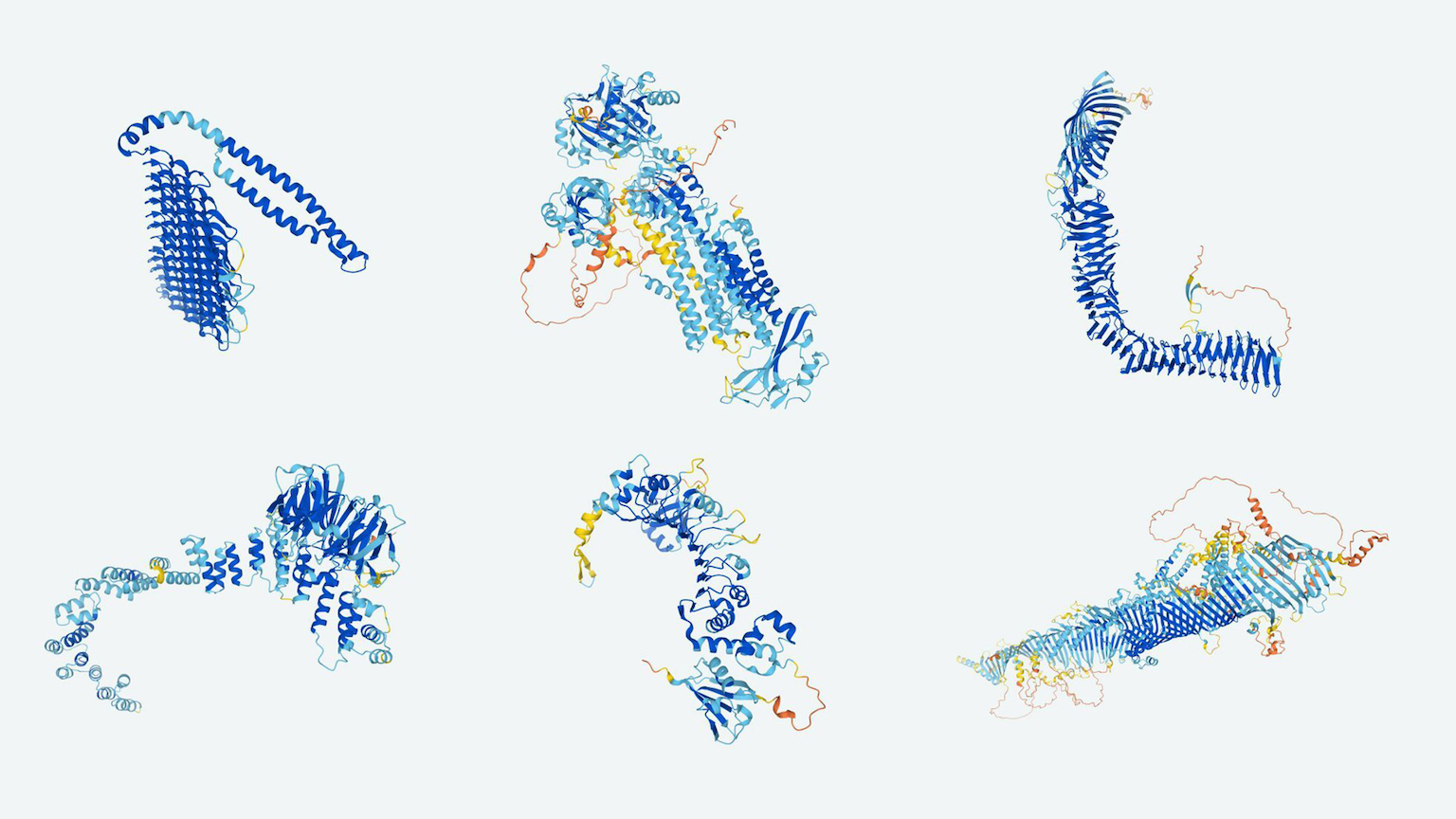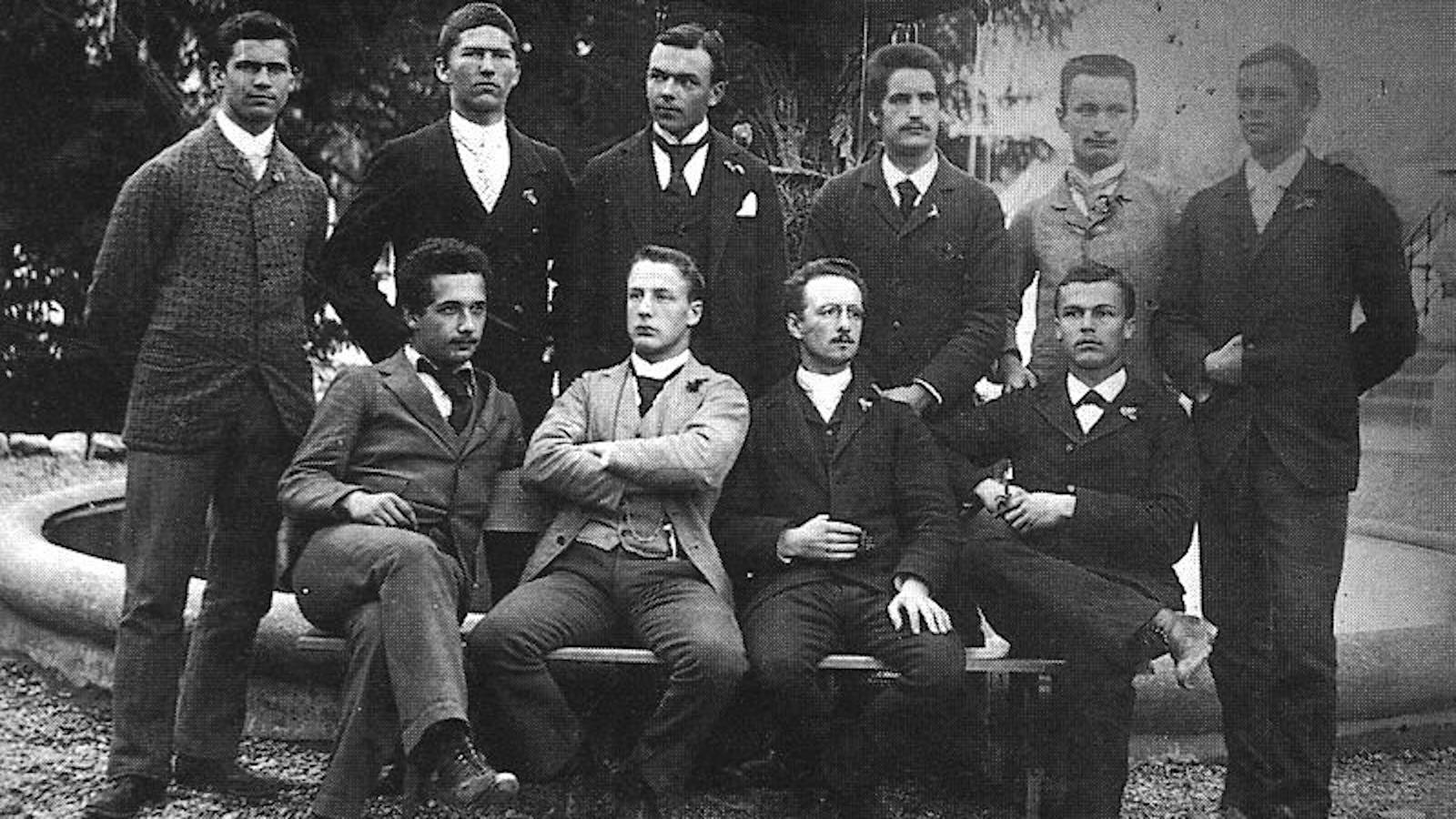In May 2018, the city of Paris set an ambition to be carbon-neutral by 2050.
Search Results
You searched for: energy
Because there’s not enough Walden pond to go around.
For some reason, when we talk about the age of stars, galaxies, and the Universe, we use “years” to measure time. Can we do better?
Can biomaterials help finally thrust perovskite solar cells to mainstream adoption?
Civil engineer Martin Lebek has a brilliant plan to redress the world’s phosphorus imbalance.
What if intelligence can thrive without consciousness?
More than 20% Americans live in a state with access to a medically assisted death.
A few years ago, the first dark matter-free galaxies were announced, and then immediately disputed. Now, there are too many to ignore.
Just 12 million light-years away, the galaxies Messier 81 and 82 offer a nearby preview of the Milky Way-Andromeda merger.
Coupled with 3D printing, biomining the Moon or Mars with microbes could sustain human colonies without constant re-supply from Earth.
Researchers have discovered 830-million-year-old microbes living inside a salt rock on Earth. Could the same occur on Mars?
About the project The goal of driving more progress across the world—scientifically, politically, economically, socially, etc—is one shared by many. And yet, debates about the best way to maximize progress […]
Scientists with the the Dark Energy Spectroscopic Instrument (DESI) Legacy Imaging Surveys spent six years creating a detailed map of more than 1 billion galaxies.
Are dark matter and dark energy both two sides of the same coin? When it comes to the Universe, what you can easily see isn’t always reflective of all there is. […]
Shoving platelet-rich plasma up your nose might restore your sense of smell after COVID. But whether it actually works still needs to be sniffed out.
Is it groupthink? Or is there a deeper reason? In the early half of the 20th century, even after the discovery of the expanding Universe, physicists considered a wide variety of […]
Fossil Cycad National Monument held America’s richest deposit of petrified cycadeoid plants, until it didn’t.
Scientists are notoriously resistant to new ideas. Are they falling prey to groupthink? Or are our current theories just that successful?
Harvard astronomer Avi Loeb claimed to track down and find alien spherules on the ocean bottom. Here’s the sober truth.
With a telescope at just the right distance from the Sun, we could use its gravity to enhance and magnify a potentially inhabited planet.
It is wrong to think that these three statements contradict each other. We need to see that they are all true to see that a better world is possible.
There’s a limit to how large planets can be, and it’s only about double the radius of Jupiter. At least, so far.
In 1957, humanity launched our first satellite; today’s number is nearly 10,000, with 500,000+ more planned. Space is no longer pristine.
China’s dominance of the rare earth metal industry is part of its overall geopolitical strategy.
We need more and better data to know, but that’s exactly what’s coming. Over the past few decades, a number of important advances have helped revolutionize our picture of the Universe. […]
“This will be one of the most important datasets since the mapping of the Human Genome.”
A new study explains how a chaotic region just outside a black hole’s event horizon might provide a virtually endless supply of energy.
Pain makes sense from an evolutionary perspective. What’s puzzling is why so many of us choose to seek out painful experiences.
Hermann Minkowski called Einstein a “lazybones” with a “not very solid” education. Less than 10 years later, he would eat his words.
Life arose on Earth early on, eventually giving rise to us: intelligent and technologically advanced. “First contact” still remains elusive.

